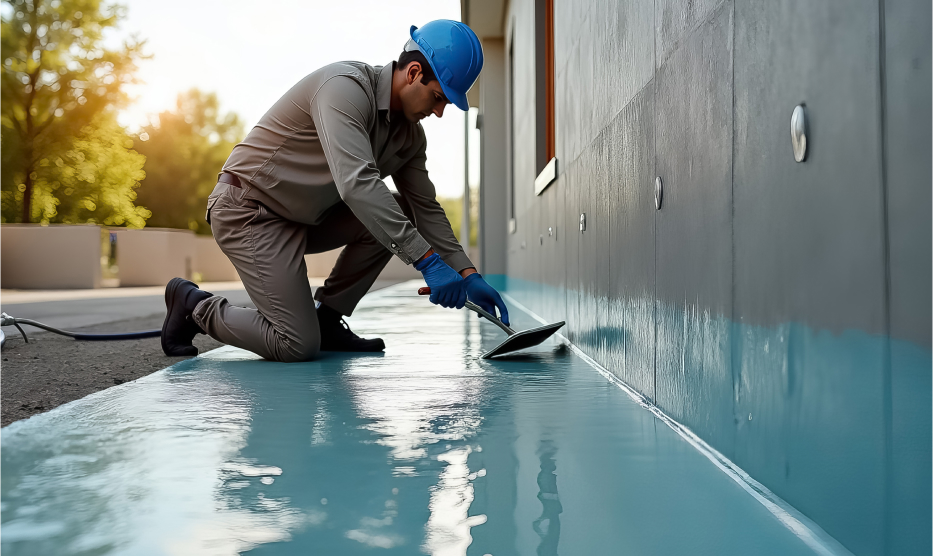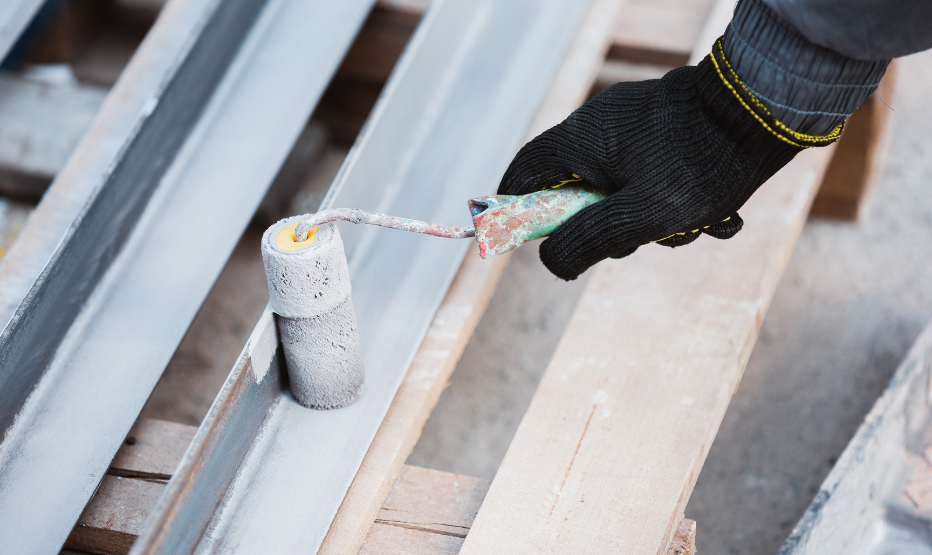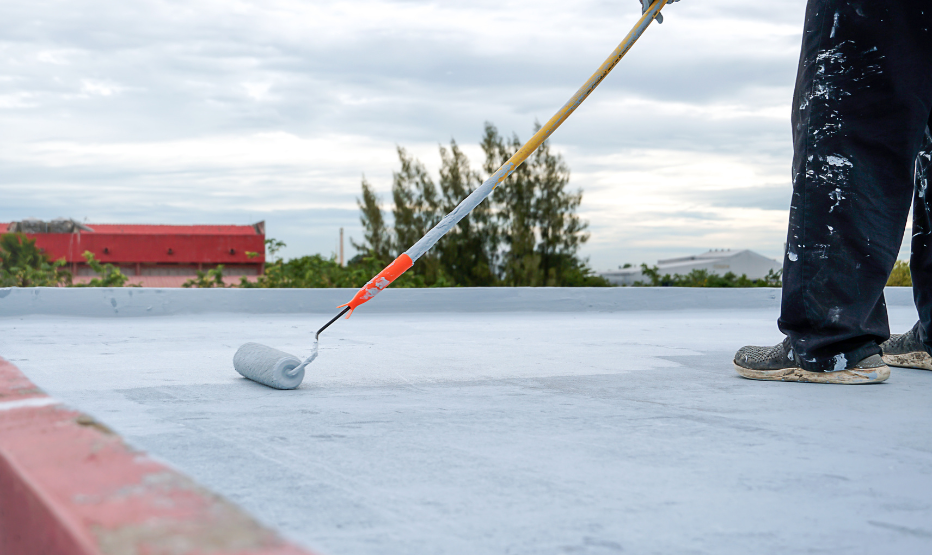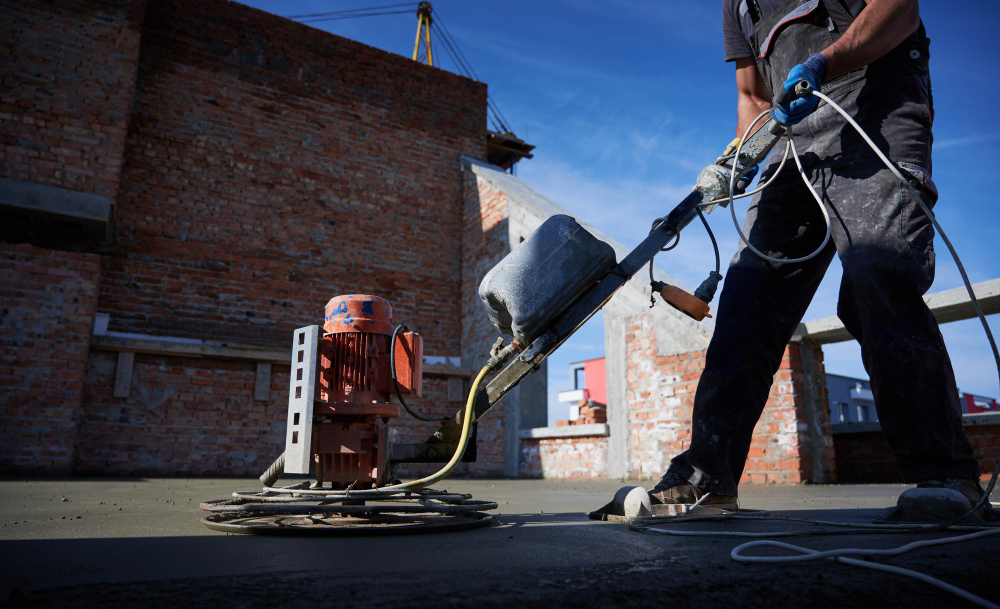What is the difference between cementitious waterproofing and bituminous waterproofing?
Waterproofing is an essential aspect of construction, whether it’s for a new building or renovating an existing one. It’s the process of preventing water from infiltrating a structure, which can lead to damage, structural issues, and even health concerns due to mold and mildew growth. Two common methods of waterproofing are cementitious and bituminous waterproofing.
Cementitious waterproofing vs bituminous waterproofing
Cementitious and bituminous waterproofing are two of the most common types of waterproofing used in construction. Both types of waterproofing have their own advantages and disadvantages, and the best type of waterproofing for a particular project will depend on a number of factors, including the substrate, budget, and expected service life.
Cementitious waterproofing
Cementitious waterproofing is made from a mixture of cement, sand, and water. It is a rigid and durable material that is well-suited for waterproofing concrete and masonry surfaces. Cementitious waterproofing is also relatively inexpensive and easy to apply.
Advantages of cementitious waterproofing:
- Durable and long-lasting
- Inexpensive
- Easy to apply
- Good adhesion to concrete and masonry surfaces
- Can be used to waterproof a variety of surfaces, including roofs, terraces, basements, and bathrooms
Disadvantages of cementitious waterproofing:
- Not as flexible as bituminous waterproofing
- Can crack if not applied properly
- May not be suitable for waterproofing areas that are subject to movement
Bituminous waterproofing
Bituminous waterproofing is made from asphalt or bitumen. It is a flexible and water-resistant material that is well-suited for waterproofing a variety of surfaces, including roofs, terraces, balconies, and foundations. Bituminous waterproofing is also resistant to UV radiation and chemicals. Our company is also providing membrane waterproofing solutions.
Advantages of bituminous waterproofing:
- Flexible and water-resistant
- Resistant to UV radiation and chemicals
- Can be used to waterproof a variety of surfaces
- Can be applied in a variety of ways, including hot mopping, spray-on, and self-adhesive
Disadvantages of bituminous waterproofing:
- More expensive than cementitious waterproofing
- More difficult to apply
- Not as durable as cementitious waterproofing
- May not be suitable for waterproofing areas that are subject to high temperatures
Key differences between cementitious and bituminous waterproofing
Here is a table comparing the key differences between cementitious and bituminous waterproofing:
| Property | Cementitious waterproofing | Bituminous waterproofing |
| Base material | Cement | Bitumen |
| Application | Liquid or slurry | Hot liquid or cold-applied membrane |
| Curing time | 24-72 hours | 24-48 hours |
| Durability | Good | Good |
| Chemical resistance | Good | Good |
| UV resistance | Good | Poor |
| Flexibility | Good | Poor |
| Cost | Moderate | Moderate |
Applications for cementitious and bituminous waterproofing
Cementitious waterproofing is often used on concrete surfaces, such as:
- Foundations
- Basements
- Parking garages
- Tunnels
- Bridges
- Reservoirs
Bituminous waterproofing is often used on exposed surfaces, such as:
- Roofs
- Terraces
- Balconies
- Decks
- Walkways
- Ponds
Which type of waterproofing is right for you?
The best type of waterproofing for you will depend on your specific needs and application. If you need a durable and long-lasting waterproofing solution, then cementitious waterproofing may be the best option for you. If you need a flexible and easy-to-apply waterproofing solution, then bituminous waterproofing may be the best option for you.
If you are unsure which type of waterproofing is right for you, it is always best to consult with a professional waterproofing contractor.
Floor 2 Terrace Protection
Floor 2 Terrace Protection is a leading waterproofing company in Abu Dhabi and the UAE. We offer a wide range of waterproofing services for residential and commercial properties. We use high-quality materials and the latest techniques to ensure that your property is well-protected from water damage. And we are the best floor coating companies in uae
Contact us today for a free consultation. We will be happy to assess your needs and recommend the best waterproofing solution for your property. And also F2T providing combo roof system in UAE





